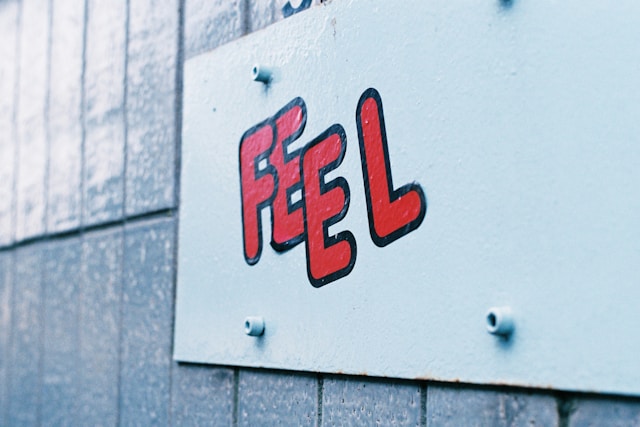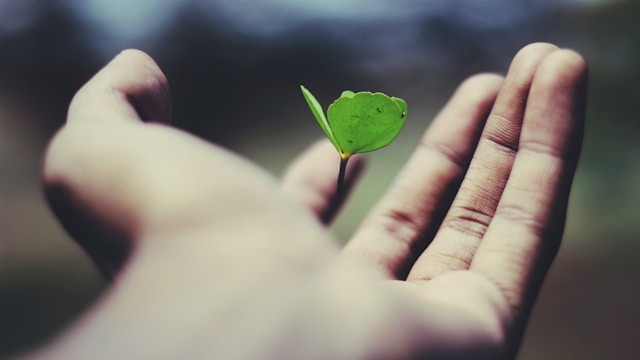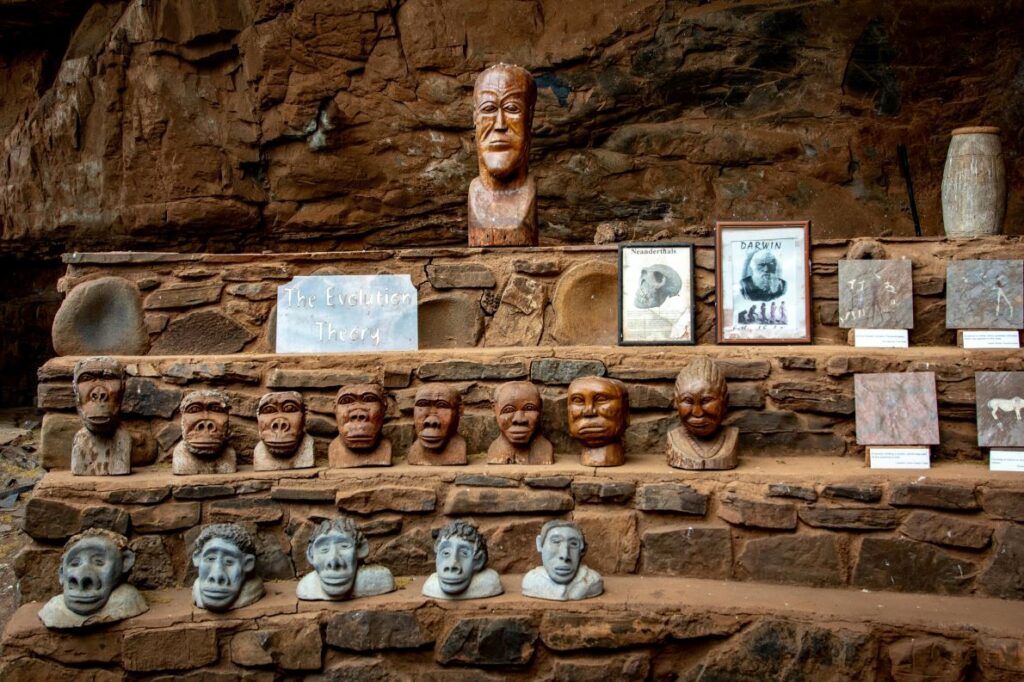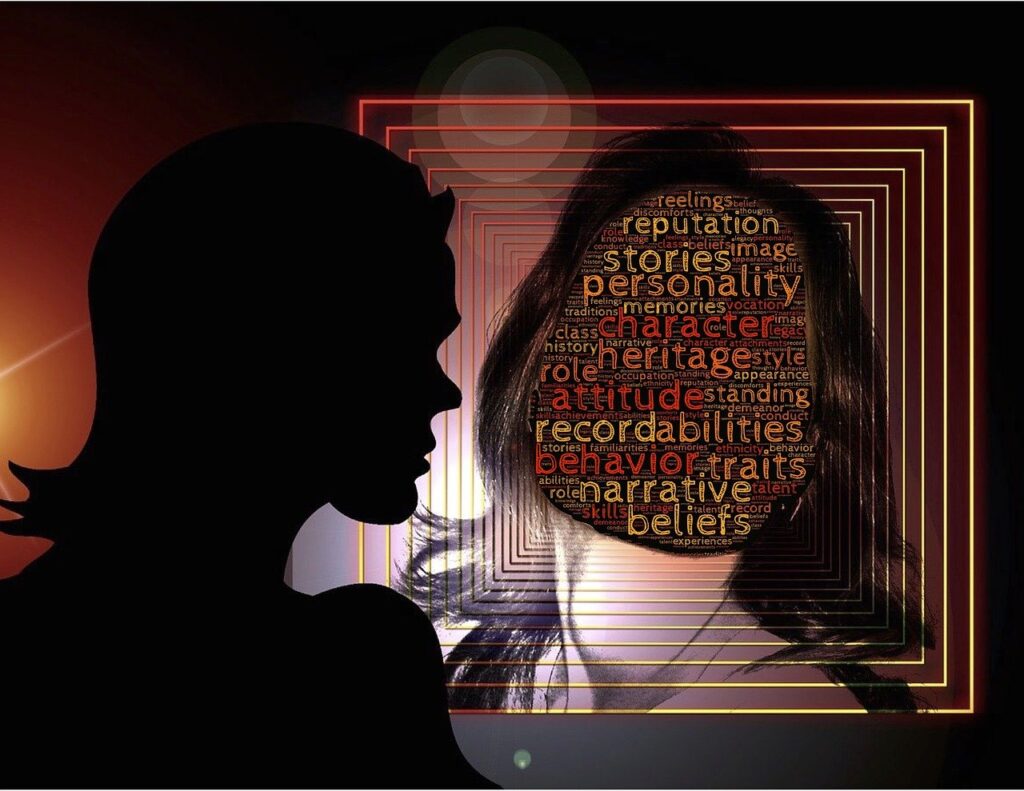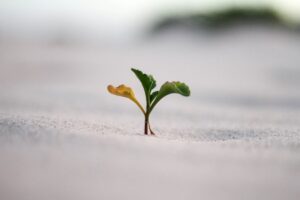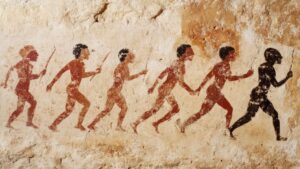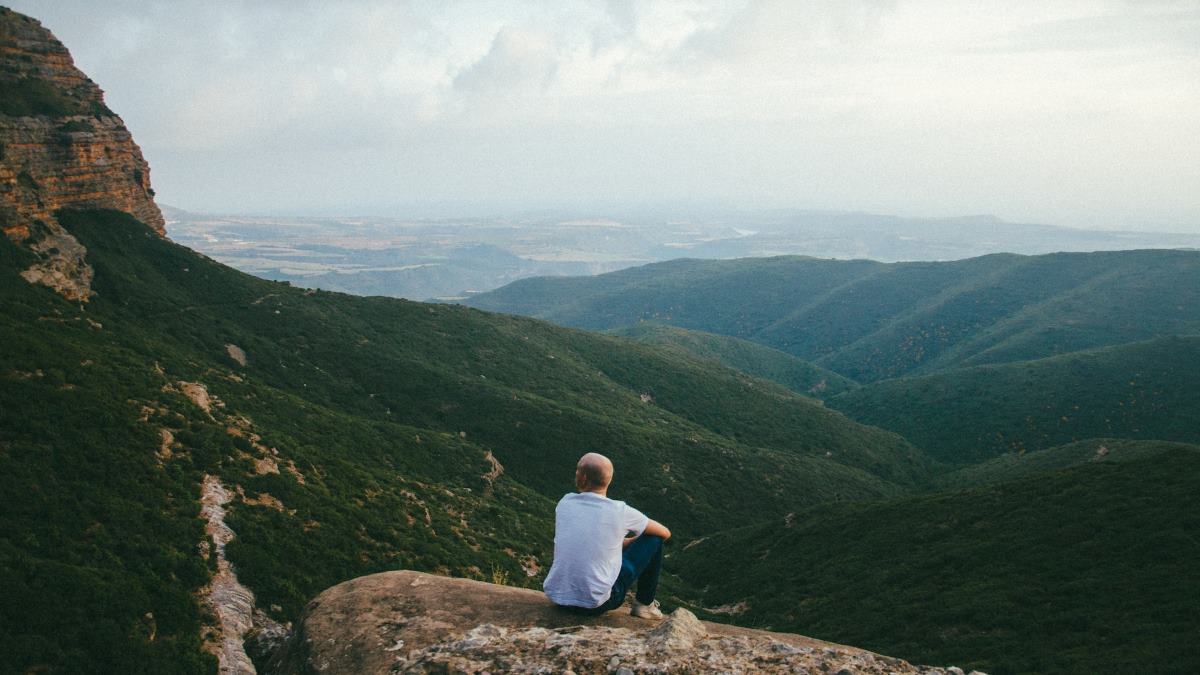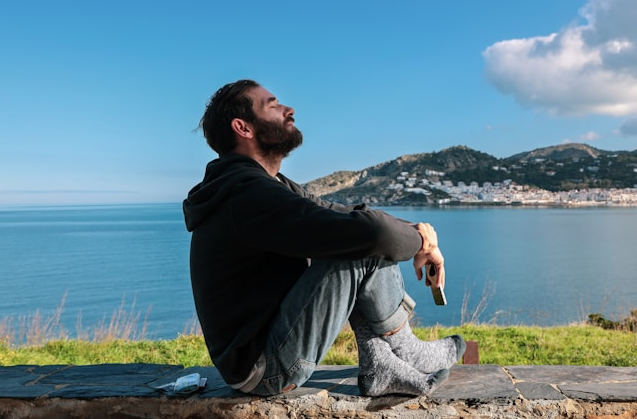
Photo by Mor Shani.
Can you imagine an entire civilization on inner peace? In Rediscovering the Wisdom of Human Nature, that is essentially the ideal state for humanity.
Ironically, it also means the gradual, quiet dismantling of the what many modern humans associate with civilization. Particularly, it means doing away with the conventions of civil authority and so-called “social” contracting and going back to ancient spiritual traditions.
Naturally, some people might push back on this idea, and think that it would regress humanity. It might even mean the apocalypse! And yet, what’s on the news? There is fear of war. There is fear of the climate crisis. These are the cause of so much anxiety. Yet, like discussed in the book, the heart of it all is a severe disconnect with our true, human nature.
There is no inner peace possible with the current state that people call modern civilization. Everything, from the laws enacted to the way knowledge is acquired, is all for the sake of controlling the future instead of embracing the natural, emotional programming that is already designed to help the species flourish.
It is the ancestral wisdom that calls people to live in the present rather than serve systems, structures and plans bent on dictating the elusive future.
A Civilization on Inner Peace is One That is Mindful
Photo by Nick Page.
It is clear that there was a mindfulness to the human species that was lost during the dawn of civil rule. This is a mindfulness connected to Nature’s own organic way of perpetuating the life of so many species (including humans). Hence, it’s called the Law of Life (and it really should be the only law that matters).
Incidentally, a lot of the mindful meditation techniques that have been getting popular lately were all originally intended to help people reconnect with the Law of Life. Techniques that encourage people to live in the moment, get in touch with their emotional core and “find themselves” are essentially saying the same thing.
This is a mental clarity that runs in the complete opposite direction of the future-obsessed anxiety that invented modern civilization’s soul-sucking structures.
There is no room for confined legal systems or a push to endure modern life’s many pains and anxieties. These practices (and the traditions they’re drawn from) all call people to disconnect from the din and reconnect with something deeper and greater. The inner voice that is said to get louder from these practices is really the Law of Life calling humanity to get back to it.
Nature Still Calls Humanity to Serve Life
Photo by name_ gravity.
It is really difficult to look at the troubles currently plaguing humanity and think that it is a sign to keep sacrificing happiness upon the altar of civil rule. This not the way of Nature, and the signs are clear that continuing to deny our spiritual heritage will ultimately lead to self-destruction.
What is even more troubling is that those who insist on civil rules and systems think that these form a bulwark against a sort of anarchistic, self-destruction that will supposedly result if everyone was allowed to do what they feel like doing.
If such was the case, then how did humanity survive for thousands of years prior to developing a language brain? How did our species propagate with just a collection of tribes, and the indigenous sacred traditions that connected us with nature?
Theirs was the civilization on inner peace, whereas the law-obsessed civil society supplants them and then expresses bewilderment when it is faced with all the problems it has now.
The emotional and spiritual core that ties with the Law of Life will always seek for the survival of the species that hear it. It is the natural wisdom that prompts people to care for creation, rather than through the coercion of directions and dictates.
Restoring the Civilization of Life
Perhaps the real tragedy of modern civilization is that its inevitable collapse is a slow, torturous march. Feelings, desires, hopes and dreams continue to be repressed before they mutate into anxieties and other mental illnesses. The civil status quo then tries to solve them by being even more repressive, introducing more laws and thus, the ugly cycle perpetuates.
On the upside, this slow crawl offers individuals plenty more time to discover alternatives. It means that a truly human civilization on inner peace can still be possible. Now may be the pivotal moment where they can embrace the spiritual philosophies explored by the humans who lived for thousands of years without ever having to write a thing down.
If you are still worried about the direction the world is taking, then understand that this is precisely what the Law of Life is meant to help avert for those who finally choose to heed it. Its philosophical insights are only dismissed because the detractors want to preserve the false idol of languaged, rules-obsessed anomaly that was never meant to serve life.
It doesn’t have to be this way. The wisdom of true human nature still resounds deep within. All one has to do is tune out, and listen.
Want to learn more about the Law of Life? Check out Rediscovering the Wisdom of Human Nature. It’s available on both Barnes & Noble, Amazon and BookBaby.

